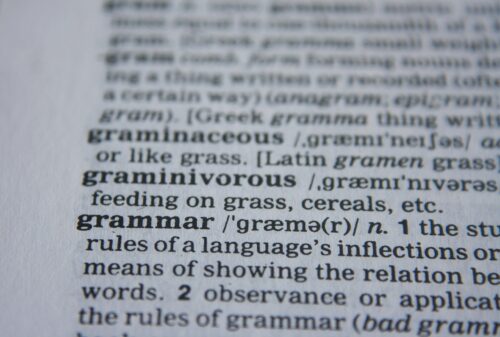Is “positivity” a real word?
I was writing a social media post the other day that included the word “positivity,” and I noticed the infamous red spell-check line under the word. I was confident that it was spelled correctly, but I typed it into Google to double-check.
To my surprise, I instantly saw results that argued if positivity is a real word or not. After a mini panic attack at the thought that I could have been using a “fake” word for years, I discovered an article from Merriam-Webster acknowledging positivity as a real word and its history of use in writing for more than 350 years.
Even though I was new to this argument, I quickly realized that ‘negativity’ doesn’t get the same kind of scrutiny even though it is the same result of adding the “-ivity” suffix to a word.
So, why do people argue against “positivity” as a word but accept “negativity” without any questions?
It simply comes down to it not being recognized in spell-check programs. We tend to associate words with being incorrect when we see that red line and stray away from using it (what I fell victim to but was later reassured that is was safe to use). Another reason is that some see the word as jargon from the self-help movement.
Through this small grammar battle, I was reminded that Merriam-Webster doesn’t rely on spell-check to decide when to include a word and neither should you. Also, with over 300 years of evidence supporting positivity’s widespread use, rest assured that it is “worthy of being defined.”

